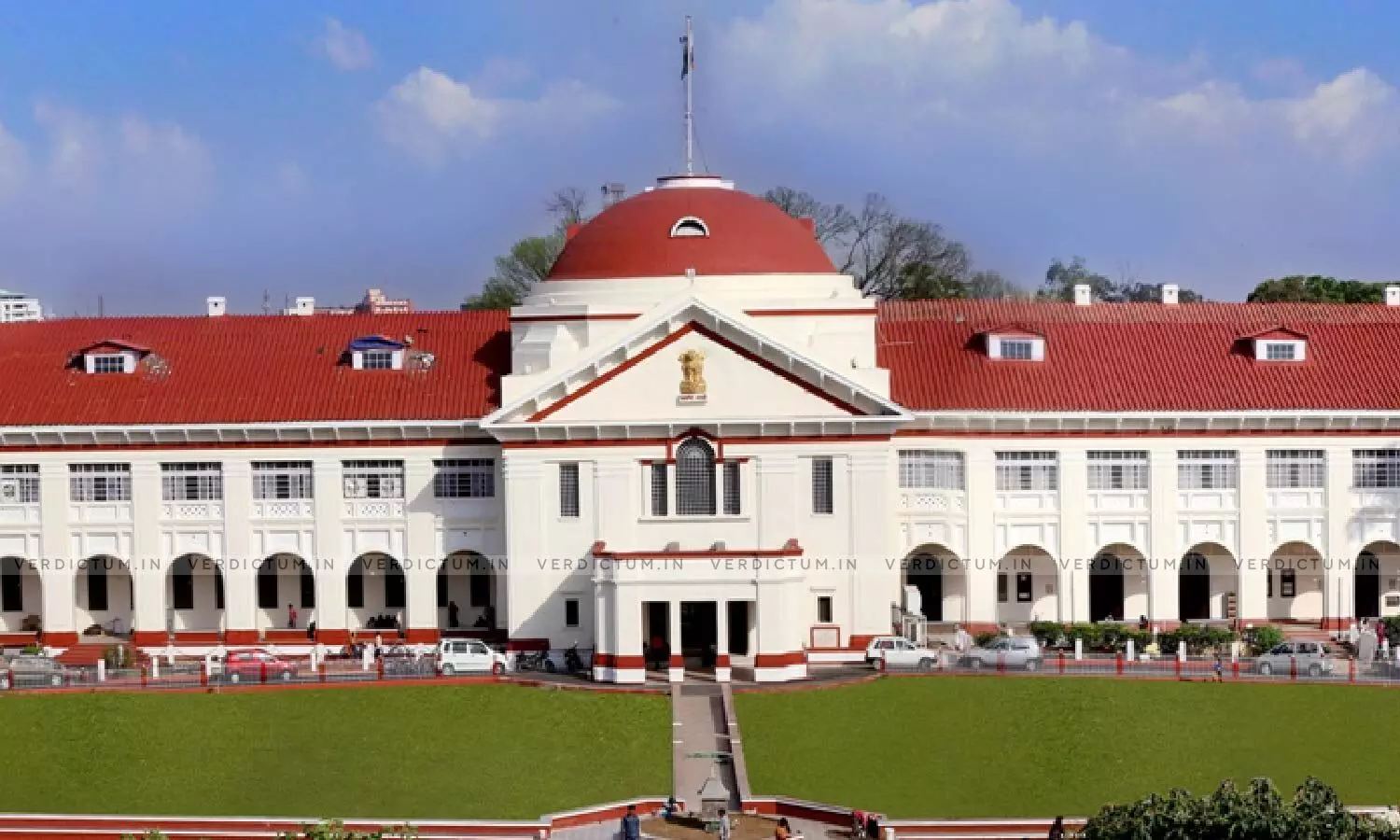
Census In The Garb Of Survey, Impinges Upon Legislative Power Of Union: Patna HC While Staying Bihar Govt's Caste Survey
 |
|After being convinced that the survey, in the way it is carried out by the Bihar Government, cannot be said to be within the policy realm of the State, the Patna High Court said that the caste-based survey is a census in the garb of a survey, the power to carry out which is exclusively on the Union Parliament which has also enacted a Census Act, 1948.
Therefore, finding that the Petitioners have made out a prima facie case against the continuation of the process of caste-based survey, as attempted by the State of Bihar, which also raises a question of data integrity and security, the Division Bench of Chief Justice K. Vinod Chandran and Justice Madhuresh Prasad observed that "the State has no power to carry out a caste-based survey, in the way it is fashioned now, which would amount to a census, thus impinging upon the legislative power of the Union Parliament".
Senior Advocate Dinu Kumar and Advocate Ritika Rani appeared for Petitioner, whereas Advocate General P.K Shahi and AAG Anjani Kumar appeared for the State.
In a nutshell, the Petitioner had challenged the survey initiated by the Bihar State Government, blatantly styled as a caste survey to be a census in form and content, contending that the authority to carry out a census is with the Central Government under Entry 69 of List I of the Seventh Schedule to the Constitution of India.
It was argued that the State cannot attempt to carry out a caste census in the garb of a survey, especially when the State has absolutely no legislative competence and, in that circumstance, neither can an executive order be sustained under Article 162 of the Constitution of India. The Petitioner also alleged that the opinions in the survey are elicited by asking prepared questions, for multifarious purpose, like deciding the marketing strategy in a purely commercial venture or the shape the welfare schemes should take, a governmental function. Hence, it was pointed out the present survey is an attempt to elicit the caste status of the individuals native to the State.
This was opposed by the Advocate General stating that there is no law prohibiting the disclosure of caste nor the exercise of a survey carried out by the State of Bihar, especially when the same is disclosed for the purpose of reservation and availing the benefit of welfare schemes by the citizens themselves, voluntarily.
As regards the difference between “census” and “survey” which has been pointed out by the counsel for the Petitioners, the High Court observed that ‘census’ contemplates collection of accurate facts and verifiable details; while, a survey is intended at collection and analysis of opinions and perceptions of the general public which may be aimed at a specific community or group of people or the extended community of a polity.
“Hence, while in a ‘census’ the details of an individual are collected, in a ‘survey’ often the opinions and perceptions of the targeted persons are collected. Both result in an analysis of the data collected; which in the case of a ‘census’ are empirical, while in a ‘survey’ are mostly logical conclusions”, added the Court.
Thus, the High Court opined that the present exercise by the State of Bihar can only be seen as an attempt to carry out a ‘census’ under the name of a ‘survey’.
Noting that ‘Census’ is included in List I of the Seventh Schedule of the Constitution of India at Entry 69, the High Court clarified that the entries in the various Lists of the Seventh Schedule are only fields of legislation and the source of the legislative power is to be traced to Article 246 of the Constitution of India, and accordingly, the power to carry out a census being in the exclusive domain of the Union Parliament, the State Legislature cannot embark upon such an exercise.
From a perusal of the Notification which specifically speaks of the State Government having decided to conduct a caste-based survey through the General Administration Department, expenditure of which was intended to be taken from the Bihar Contingency Fund, with a target to complete the exercise by February, 2023, the High Court found that survey, though extends to the age, gender, marital status, income, possessions and educational qualification of each individual, the intention was solely to identify the caste, which is more than evident from the terminology with which the survey has been called, i.e.: ‘a caste-based survey’.
Finding that the State Government has intended to share data with the leaders of different parties of the State Assembly, the ruling party and opposition party which raises a larger question of the right to privacy, the High Court listed the matter for hearing on July 07, 2023 and directed the State Government to immediately stop the caste-based survey and ensure that the data already collected are secured and not shared with anybody till final orders are passed in the writ petition.
Cause Title: Youth For Equality and Ors. Vs. State of Bihar and Ors.